The 1913 Zone
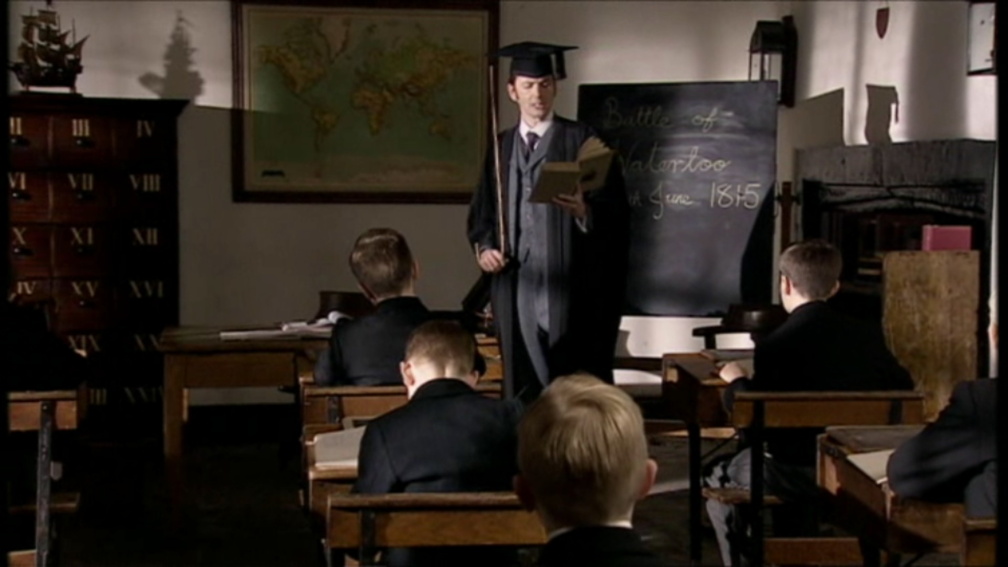 This is actually the third and final part of a series of posts I began in 2012… which is pushing it, even for me. Here’s Part 1, and here’s Part 2. You don’t need to read them to understand what is below. While we’re talking about belated entries… I am planning some more Tricky Dicky and (unexpectedly) more Minnesota Normal. Be patient, my darlings. I finished Forward, to the Past! didn’t I?
This is actually the third and final part of a series of posts I began in 2012… which is pushing it, even for me. Here’s Part 1, and here’s Part 2. You don’t need to read them to understand what is below. While we’re talking about belated entries… I am planning some more Tricky Dicky and (unexpectedly) more Minnesota Normal. Be patient, my darlings. I finished Forward, to the Past! didn’t I?
The two televised Doctor Who stories which depict the First World War both approach it, as it were, from an angle, rather than head-on. In ‘The War Games’ (1969), we see characters who are ordinary soldiers (both British and German) who’ve been abducted from the front in 1914-18, brainwashed, and placed in a simulacrum of the war, where they are commanded by alien impostors masquerading as representatives of the military top brass of both sides. ‘Human Nature’ / ‘The Family of Blood’ (2007) is set in England in 1913, just before the outbreak of the war, with ‘flashforwards’ to No Man’s Land during the coming conflict, and an epilogue set at a Remembrance Day ceremony many years afterwards. An important secondary character called Tim Latimer is shown as a pupil at a public school before the war, a soldier during the war, and an elderly veteran after it.
The two stories are both highly regarded by fans – in many ways rightly so. Both set themselves the task of ‘saying something’ about war. The later story is more openly concerned with examining historical, political and moral issues, though it strives to find a balanced and non-partisan position. The strategy of the writer, Paul Cornell, seems to have been to present the issues in a dramatic rather than a didactic way, by allowing various viewpoints to arise through the personalities of the characters. The earlier story is more coy about its historical and political concerns, being seemingly content to present itself as an adventure story with a straightforward moral. However, it also happens to be a slyly-radical, late-sixties, anti-imperialist parable. To understand how this happened, you only have to glance at the dates. It was written and produced in the aftermath of ‘68, the biggest global explosion of protest and insurgence in the latter-half of the twentieth century, a lot of which was focused on the Vietnam War. There is no straightforward, mechanistic, deterministic relationship between politics out in the real world and the politics of Doctor Who stories (or indeed any other stories) but there are certainly relations of influence. But I won’t belabour this point as it is a pretty fundamental assumption underlying both my own ‘work’ and Phil’s entire Eruditorum project, and a point that I suspect most readers of this site are already happy to accept, at least as a marker. (The question of exactly how the relation works is one over which a great deal of ink… and even some blood… has been spilt, and far cleverer people than I have weighed in on it and been unable to reach satisfying conclusions, so we’re not likely to clear it up here and now.)…

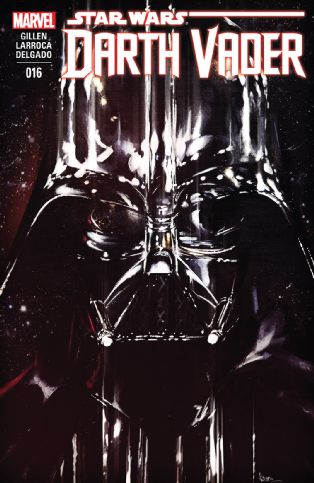 A very Marvel-heavy week, which is helpful in comparing some of the more intermittently frustrating titles in my pulls.
A very Marvel-heavy week, which is helpful in comparing some of the more intermittently frustrating titles in my pulls.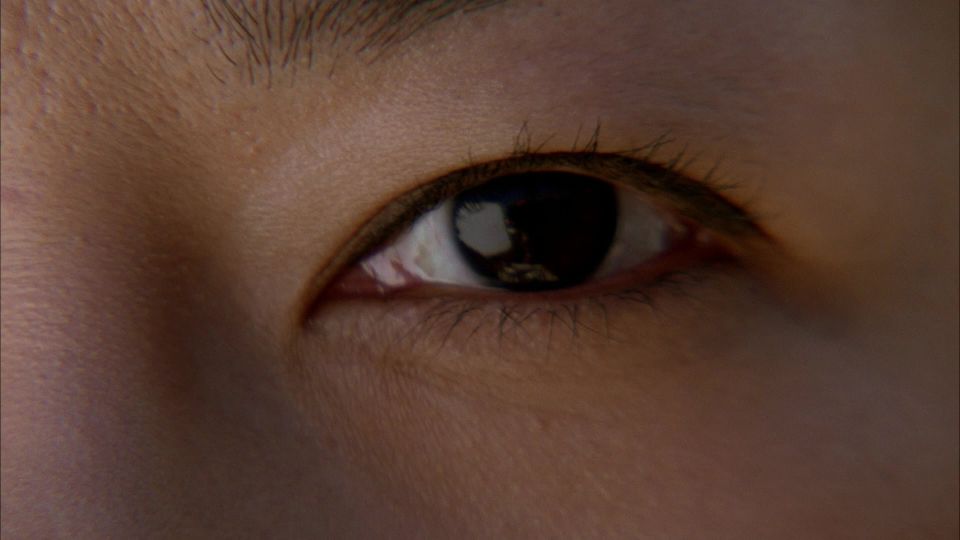 It’s been a while since we had one of these LOST Exegesis posts! So sorry for the delay. It couldn’t be helped. And not just the nearly two months since the last one of these — I had trouble accessing Eruditorum Press last night. Anwyays, enough excuses. It’s been a while. As such, please remember that Part 1 of the essay is spoiler-free. For those who’ve seen the entire series, the second part of the essay, titled “Through the Looking Glass” (and appearing next week in the second part of this massive post), applies foreknowledge to the episode at hand.
It’s been a while since we had one of these LOST Exegesis posts! So sorry for the delay. It couldn’t be helped. And not just the nearly two months since the last one of these — I had trouble accessing Eruditorum Press last night. Anwyays, enough excuses. It’s been a while. As such, please remember that Part 1 of the essay is spoiler-free. For those who’ve seen the entire series, the second part of the essay, titled “Through the Looking Glass” (and appearing next week in the second part of this massive post), applies foreknowledge to the episode at hand.
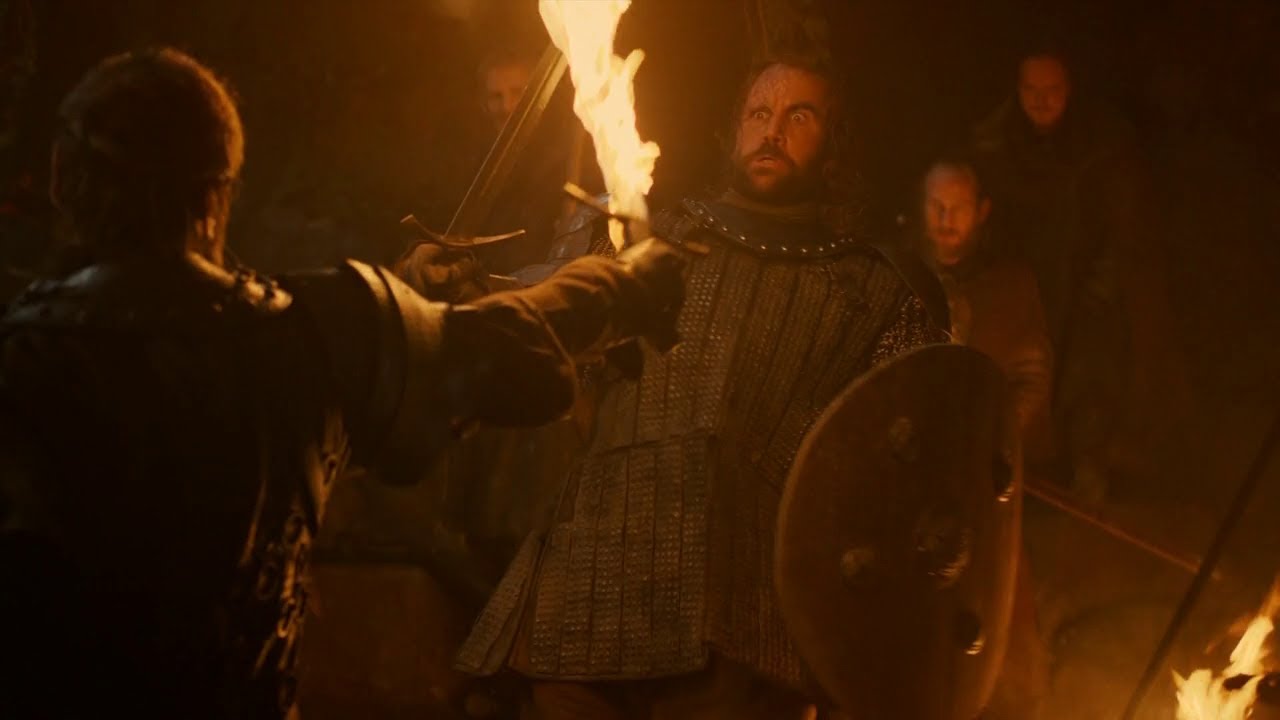

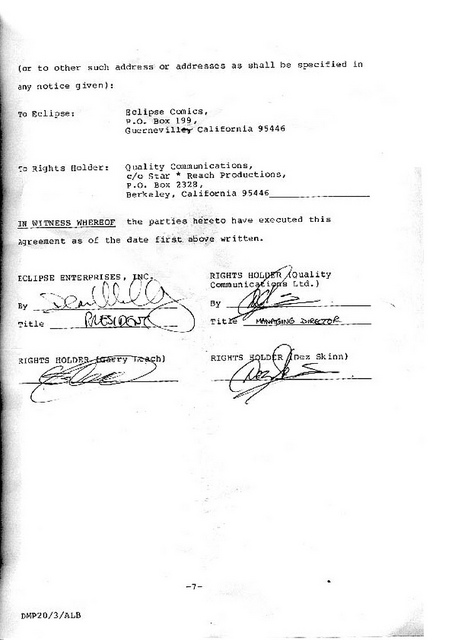

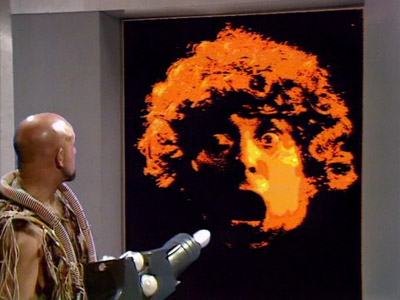 Kevin. James. Daniel Harper. Za. Orb. Xoanon. Brilliance.
Kevin. James. Daniel Harper. Za. Orb. Xoanon. Brilliance.